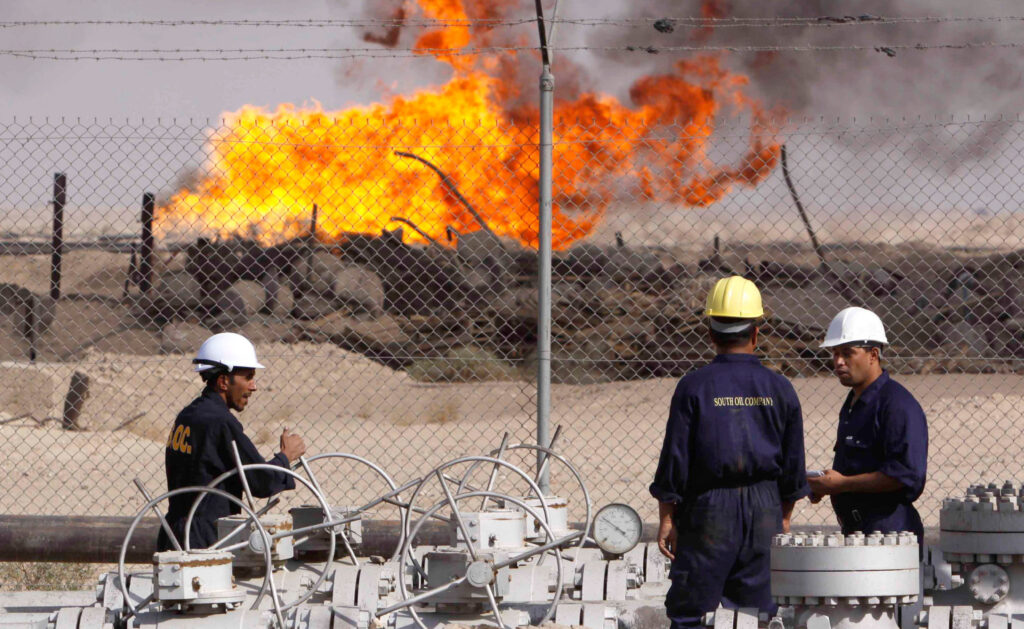Why BP Is at the Center of What Could Be the Largest Oil Industry Merger in Years

In a move that could reshape the global energy sector, BP has emerged as the potential target of what may become the most significant oil industry deal in decades. The British oil giant, long known as one of the “supermajors,” is reportedly being eyed for acquisition amid a shifting energy landscape, industry consolidation, and increasing geopolitical pressure on traditional oil producers.
A Legacy Giant in Transition
Founded in 1909, BP has been a cornerstone of the global oil and gas industry, with deep reserves, integrated upstream and downstream operations, and a global footprint. However, in recent years, the company has faced mounting challenges: fluctuating oil prices, costly environmental regulations, investor pressure to decarbonize, and an ambitious yet expensive transition toward renewable energy.
BP’s decision to aggressively reposition itself as a green energy leader by pledging to reduce oil and gas production by 40% by 2030 and invest billions into renewables has been applauded in ESG circles—but questioned by traditional shareholders. That strategic tension has weakened its market valuation relative to peers like ExxonMobil, Chevron, and Shell, making it a more attractive acquisition target.
Why BP?
Industry analysts point to several reasons BP is a prime candidate:
- Valuation Discount: BP’s market capitalization is significantly lower than U.S. rivals, despite having comparable assets and global infrastructure.
- Asset Base: BP owns strategic reserves in the North Sea, the Gulf of Mexico, and emerging markets like Africa and the Middle East—assets that would complement any major acquirer’s portfolio.
- Renewables Infrastructure: While still in early stages, BP’s green energy ventures could serve as a launchpad for an oil major looking to diversify in line with long-term energy transition goals.
- Political Favorability: Unlike nationalized oil firms or Chinese entities, BP remains independently governed and headquartered in a stable, investor-friendly jurisdiction.
Who Might Be Interested?
Speculation is mounting over who might pursue such a transformative deal. Among the names floated are:
- Saudi Aramco: The world’s most valuable oil company has been expanding its global reach. Acquiring BP would give Aramco greater access to Western markets and advanced energy infrastructure.
- ExxonMobil or Chevron: While regulatory hurdles would be enormous, a U.S. supermajor could view BP as a path to growth and synergies, especially as North American production costs rise.
- Sinopec or CNOOC: A Chinese energy giant could benefit from BP’s global footprint, though political tensions with the West could complicate any potential takeover.
Regulatory and Strategic Barriers
Despite growing speculation, a BP takeover would face numerous hurdles:
- UK Government Scrutiny: Given BP’s historical and strategic importance to the UK economy, any foreign acquisition would likely trigger a national security review.
- ESG and Climate Risk: Environmental activists and institutional investors could oppose a sale to a company perceived as reversing BP’s green transition.
- Global Competition Concerns: Any merger involving a major Western oil firm would raise antitrust flags in both the U.S. and Europe.
The Bigger Picture
This potential megadeal reflects a broader trend of energy consolidation and strategic repositioning. With global demand for oil still strong—especially in Asia and emerging markets—and the clean energy transition requiring deep pockets, major players are seeking to scale, diversify, and control more of the supply chain.
BP, caught between its green ambitions and the realities of traditional energy markets, may find itself the center of a bidding war—or forced into a defensive strategy to remain independent.
Conclusion
Whether or not a formal offer materializes, BP’s position as a major oil player navigating uncertain terrain makes it a compelling target. As global energy dynamics continue to evolve, a BP acquisition could signal a new chapter in how oil giants approach growth, climate strategy, and geopolitical power.
The world is watching—because if this deal goes through, it won’t just change BP. It could reset the balance of power in the global energy industry.




















